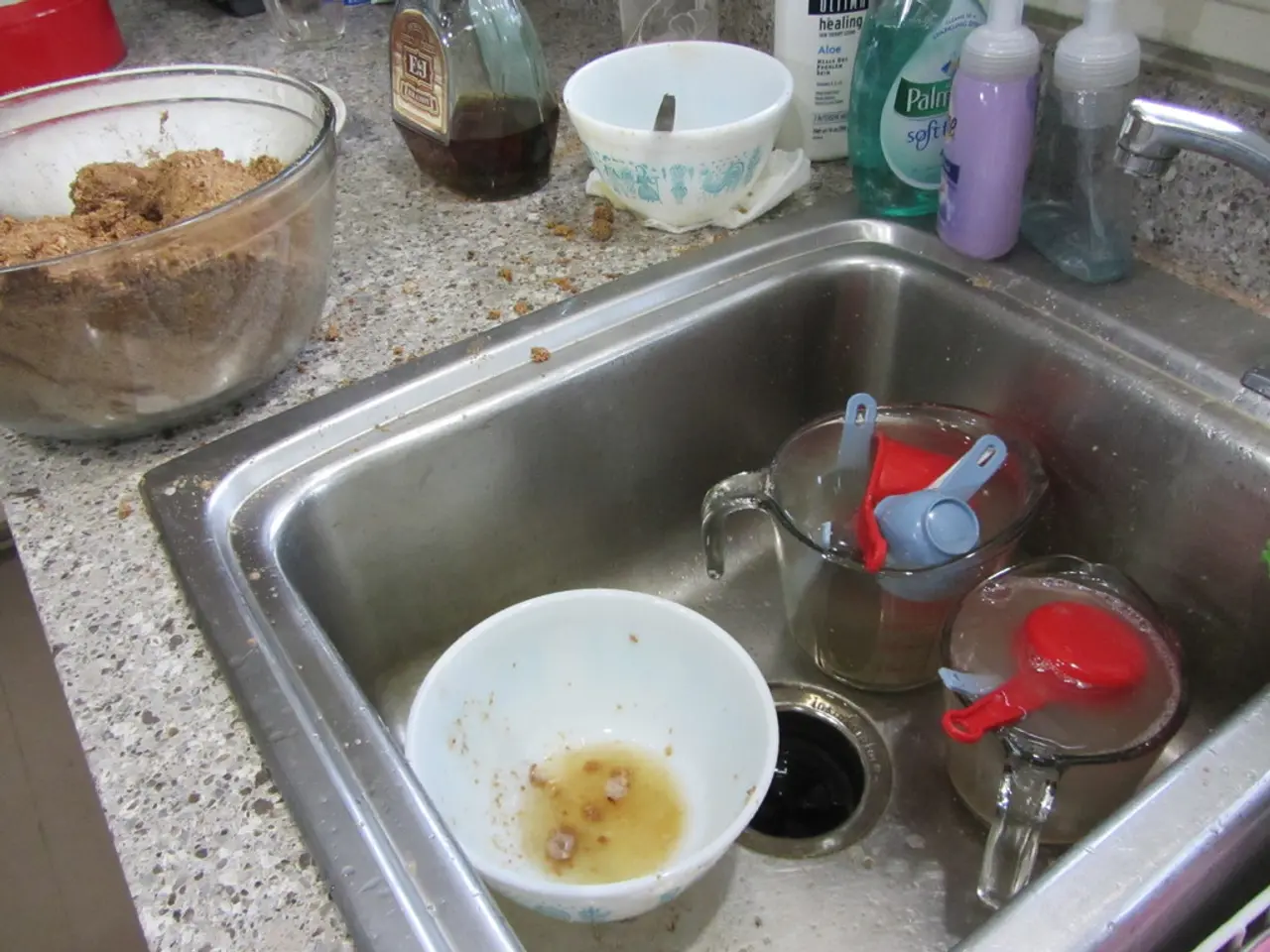Exploring the Relationship Between Gut Microbiota and Brain Function Capabilities
The human body is full of microscopic life, most notably in our gut. We're talking about the gut microbiome, a thriving ecosystem of bacteria, viruses, fungi, and more! This little-understood organ plays a significant role in keeping us healthy and happy. Let's dive into the world of gut health and cognitive function, exploring their connection and providing practical tips for maintaining a harmonious gut microbiome.
What is the Gut Microbiome?
The gut microbiome resides in our digestive tract, composed of millions of microorganisms. It's like having a swarm of tiny workers helping us break down food, produce essential nutrients, and even affecting how we feel and think.
The Importance of the Gut Microbiome:
- Digestion: These microscopic helpers break down complex carbohydrates and fibers, converting them into simpler substances our bodies can use for energy and growth.
- Immune System Regulation: Our gut bacteria interact with immune cells, teaching them to recognize friends from foes. This interaction is crucial for preventing infections and controlling inflammatory diseases.
- Vitamin Production: Due to these tiny workers, we're able to produce important vitamins like Vitamin K and B vitamins that are crucial for multiple bodily functions.
- Neurotransmitter Production: Believe it or not, our gut bacteria help produce neurotransmitters, chemicals that allow our nervous system to function. A large portion of serotonin, a neurotransmitter associated with happiness, is produced in the gut.
The Gut-Brain Axis: The Connection Between the Gut and Brain
The gut and brain communicate through the gut-brain axis, a two-way street involving the nervous system. The gut microbiome affects our mood, cognitive abilities, and overall mental health through this connection.
Research has shown that an unbalanced gut microbiome can lead to various mental health issues such as depression and anxiety. On the flip side, managing your gut health can improve your mood and cognitive function.
So now you know - taking care of your gut might just be the key to a happier and healthier you!
Tips for Improving Gut Health
Cultivating a happy, healthy gut isn't magic - it's all about simple habits.
Eat Fiber-Rich Foods
Fiber acts as a prebiotic, feeding the beneficial bacteria in your gut. Consume plenty of fruits, vegetables, whole grains, and legumes to keep your tiny workers nourished.
Include Fermented Foods
Fermented foods, like yogurt and sauerkraut, are rich in probiotics - live bacteria that help maintain a healthy gut microbiome. They can replenish and diversify the beneficial bacteria in your gut.
Keep Hydrated
Good hydration is essential for gut health. Adequate water intake supports smooth digestion and helps maintain the health of the gut barrier.
Manage Stress
Stress can negatively impact your gut microbiome. Practice meditation, yoga, exercise, or mindfulness to reduce stress levels and support gut health.
Consider Probiotics
Probiotics are supplements containing beneficial bacteria similar to those found in your gut. They can help replenish good bacteria, especially during periods of digestive distress.
With these tips in mind, you're well on your way to a healthier, happier gut! Remember, the gut microbiome holds the key to improved cognitive function, and maintaining a balanced gut can help you feel better overall. Happy gutting!
FAQs
What happens if I have an imbalanced gut microbiome? An unbalanced gut microbiome can lead to various health issues like digestive problems, weakened immune system, and even mental health issues such as anxiety and depression.
Can I rebalance my gut microbiome? Yes, by making dietary changes, managing stress, and potentially using probiotics, you can help rebalance your gut microbiome.
How can I determine if my gut microbiome is healthy? Consult with a healthcare professional for a comprehensive assessment of your gut health.
What foods are good for promoting a healthy gut microbiome? Foods rich in fiber, fermented foods, and omega-3 fatty acids are beneficial for maintaining a healthy gut microbiome.
How can environmental factors affect my gut microbiome? Environmental factors such as exposure to chemicals and antibiotics can disrupt the balance of the gut microbiome.
Share on Facebook Tweet Follow us Save
- The gut microbiome, residing in our digestive tract, consists of millions of microorganisms that play a significant role in our overall mental health and brain function.
- An unbalanced gut microbiome might lead to mental health issues like depression and anxiety, while managing it can improve mood and cognitive function.
- A balanced gut microbiome can be achieved through simple habits like consuming fiber-rich foods, including fermented foods, staying hydrated, managing stress, and considering probiotics.
- The gut microbiome also has a positive impact on our immune system regulation, vitamin production, and neurotransmitter production, influencing our physical and mental well-being.
- Science continues to uncover nuances about the gut-brain axis, the connection between the gut and brain, which will likely lead to further insights into promoting mental health and brain function.
- Making conscious choices about your health-and-wellness and fitness-and-exercise routines, nutrition, and stress management helps foster a harmonious gut microbiome and contributes to improved mental health and cognitive functioning.







